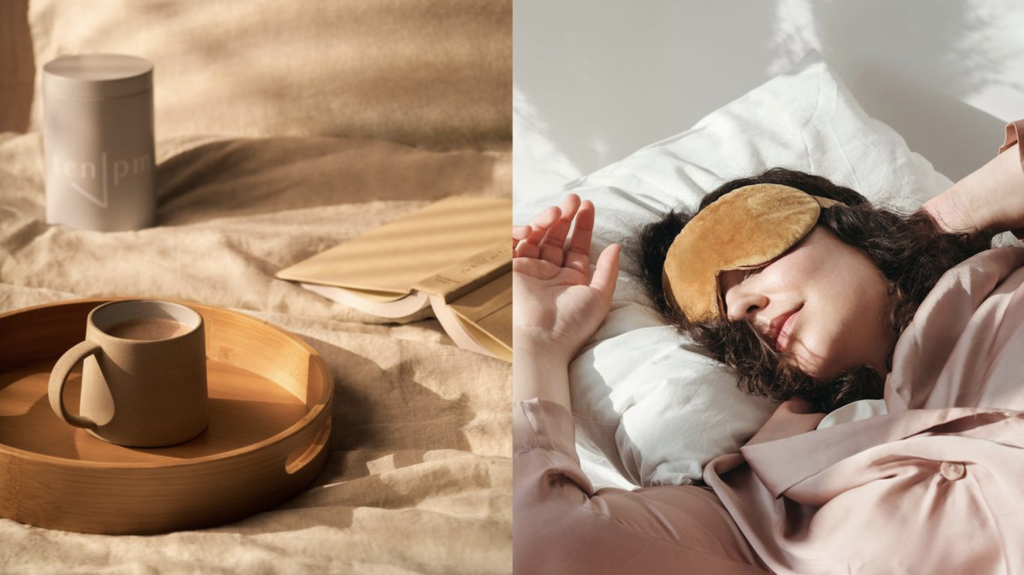‘5 Common Sleep Myths and Misconceptions’
In the complex realm of sleep, there is lots of misinformation about, and separating fact from fiction is crucial for our well-being. Below, Sleep Health Expert Dan Fabian from Ten PM explains some common misconceptions that could be harming your sleep health:
MYTH 1: Your body gets used to a lack of sleep.
FACT: Lack of sleep takes a toll on both your mind and body.
While you might soldier through a few nights of poor sleep, your body pays the price. The impacts extend beyond mere drowsiness, affecting metabolism, immune function, cardiovascular health, hormone regulation, and mental well-being. Even if you think you’re adjusting to less sleep, your body is silently accumulating health issues due to insufficient rest and recovery. According to the Health Foundation, sleep deprivation is a leader factor in overall poor health.
MYTH 2: Weekend sleep-ins make up for lost sleep during the week.
FACT: You can’t “catch up” on sleep over the weekend.
Contrary to popular belief and perhaps wishful thinking, you can’t offset the effects of weekday sleep deprivation with extra snooze time on weekends. Consistent, quality sleep each night is essential for repairing the damage caused by insufficient rest. While a weekend lie-in might temporarily alleviate drowsiness, it won’t undo the long-term consequences of chronic sleep deprivation. Establishing a regular sleep schedule, with consistent bed and wake times, promotes a healthy sleep cycle.
MYTH 3: Alcohol improves sleep.
FACT: Alcohol consumption diminishes sleep quality (significantly!).
While a nightcap may induce initial drowsiness, alcohol disrupts sleep cycles, increasing the likelihood of interruptions during the night. Despite the misconception that alcohol aids sleep, research reveals its detrimental impact, with just one drink decreasing sleep quality by 10%, and multiple drinks exacerbating the decline significantly (by over 40%). Relying on alcohol to improve sleep can lead to dependency and exacerbate existing sleep issues. Worryingly, a recent study showed that 2 in 10 of us have turned to alcohol as a solution/desperate measure to improve poor sleep.
MYTH 4: Stay in bed if you can’t fall asleep.
FACT: Experts recommend leaving bed after 20 minutes of unsuccessful sleep attempts.
Rather than tossing and turning, it’s beneficial to get out of bed and engage in a calming activity, such as reading in a dimly lit room. This approach helps maintain the association between your bed and sleep, preventing restlessness from becoming linked with bedtime. By waiting until drowsiness sets in before returning to bed, you enhance the likelihood of falling asleep quickly.
MYTH 5: A warm bedroom enhances sleep quality.
FACT: Most people sleep best in a cool environment.
While a cozy bedroom might seem inviting, studies suggest that cooler temperatures are conducive to quality sleep. The ideal range typically falls between 18 to 20 degrees Celsius. Cooling your sleeping environment supports the natural and necessary drop in body temperature, promoting uninterrupted rest. Excessive warmth can lead to discomfort and sleep disturbances, undermining your overall sleep quality.



